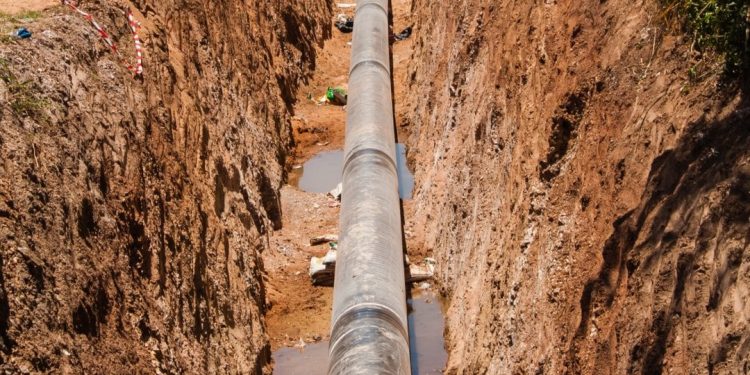Pipelines are used for transporting water, petroleum products, natural gas, and other utilities. A complicated network of piping systems are being used in Singapore. Pipelines could be onshore or offshore and due to their lining system between the connection points, microbiological and other types of contamination can occur in both cases throughout the pipe lengths.
Pipelines have been the ideal mode of transportation for liquid and natural gas over competing modes like rail and truck which can take time. Natural gas is among the cheapest and most efficient ways of fueling a furnace or boiler. However, it comes with safety concerns for any building owner, whether it is a home or a large property where underground gas pipe laying is concerned.
What is a gas pipe?
A gas pipe is the name given to pipes that are able to move or transport water heated in the boiler through a building to the radiators. Without the gas pipeline, the gas is unable to be transported, which makes it an essential application in the case of gas transportation from one destination to another.
How does the process of gas pipes work?
Gas runs on a distribution network of lines. Therefore, having a high-quality gas piping system ensures both you and your property are safe. Gas piping systems are implemented depending on the pressure level for natural gas delivery. During operation, the flowing gas moves from higher to lower pressure. Once the natural gas is extracted, it travels through a long highway-like assemblage of pipes to arrive at its destination through a uniform distribution.
One of the first things to consider when installing a gas pipe line system is budget among other crucial factors. The installation costs usually depend on the distance the contractor needs to cover between the starting and the end points. If the process is more complex the contractor can charge more than expected because costs differ based on the type of pipe the contractor uses during underground gas pipe laying.
Types of gas pipes
- Aluminum plastic composite pipes – As one of the thermoplastics variety, aluminum plastic composite pipes offer easy fitting and are the safest option pipes for hot water and heating fields.
- PE gas pipes – Ideal for manufacturing, PE (Polyethylene) gas pipes are used to repair old steel systems as well as for municipal engineering especially urban water supply systems.With power resistance it is light-weight while offering an approved method of running outdoor underground gas lines.
- Hot dip galvanised steel pipes – Coated with a protective layer of zinc, galvanised steel pipes are a type of carbon steel pipe with anti-corrosive treatment. Zinc is more active than steel which is what stops the material from corroding.
- Black iron – This type of gas pipe is one of the most common pipes used to form an airtight seal. Able to withstand heat with its dark coated steel, black iron works well with interiors and exteriors due to its malleability. However, it can succumb to corrosion.
Underground Gas Pipe Laying with Lih Ming Construction
Regardless of the scope of work or location, our underground gas pipe laying technology ensures we can install underground project management in Singapore, such as gas, and water pipe lines with less environmental impact. Our team at Lih Ming Construction strives to ensure your next engineering project is of high quality standards and within budget. Call us today!














